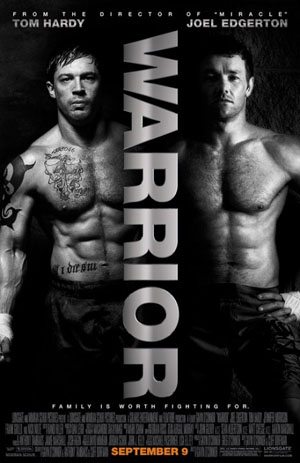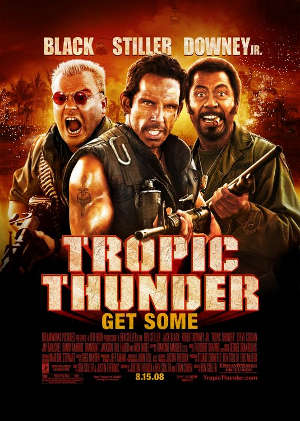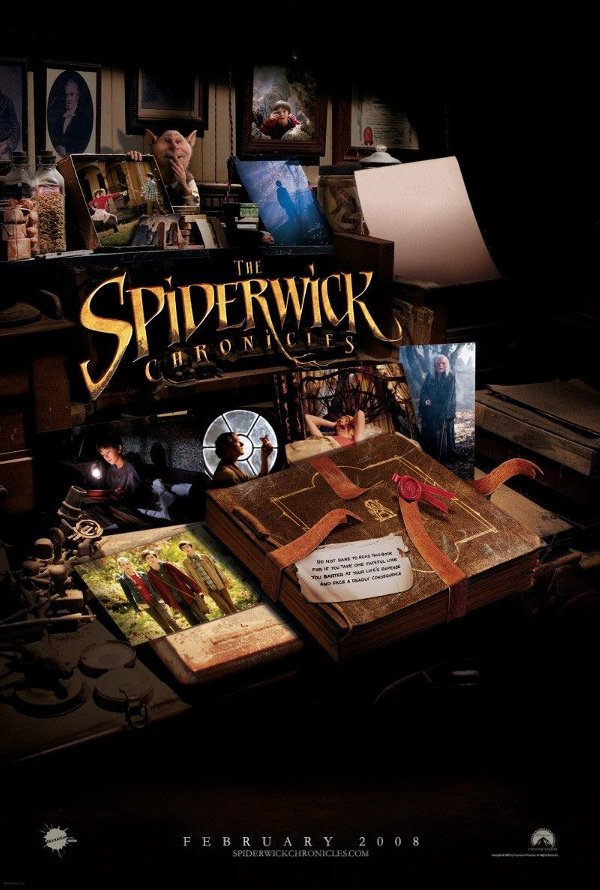Nick Nolte as an old-school college basketball coach in need of help. A script from the writer of Bull Durham, Tin Cup and White Men Can’t Jump. Teams filled with former college basketball stars. An unscrupulous booster. And a look at the ethics of recruiting modern day players. These are the ingredients brought together for Blue Chips.
Blue Chips
Custom Rating
“You took the purest thing in your life and corrupted it, for what?”
Pete Bell (Nick Nolte), a once great men’s basketball coach coming off his first loosing season, begins to feel pressure from the boosters, alumni, and university to make a change and hastily improve the record of his team next year.
Unable to sign the top recruits of today’s game who want more than just playing time (Anfernee Hardaway, Matt Nover), Bell gives into the pressure and allows the university’s #1 booster Happy (J.T. Walsh) to do whatever it takes to sign the players.
The film has much going for it including casting real players like Hardaway, Shaquille O’Neal, Bobby Hurley and Calbert Channey, Chris Mills, Rex Walters, Rick Fox, and others as players, and providing cameos for real coaches including Jim Boeheim, Jerry Tarkanian, and Bobby Knight. The real players add some drama on the court, especially during the movie’s climactic final game, but it’s lessened by quick-cuts and fast pasted camera work which make you unable to see the game unfold.
Although there’s much basketball on the court the film’s main story is Bell’s struggle against his own ethics, which is not helped by learning Happy has gotten to his players before. Mary McDonnell plays Bell’s ex and conscience who helps him put his recent actions into perspective.
Part of the problem with the film is although Bell’s character is layered and given plenty to do, most of the players are little more than sketches who only come alive in scenes where they are directly interacting with their coach. Sure there are a few scenes in the film involving the players in class (including a groan worthy Shaq moment discussing English Literature) and the like, but it’s nothing new or memorable from what you have seen in countless other films.
With a good set-up and some nice pieces in place the real question is why isn’t Blue Chips more memorable? Maybe disillusionment of a college sports isn’t a crowd pleaser, or maybe the script (which doesn’t measure up to Ron Shelton‘s other sports films) could have used a bit more tweaking. There are many basketball films, but few tackle the subject from this angle. It’s certainly not the best basketball film we’re reviewing this week, but it does have something to say about the game on the court and, even more so, in the shadows which everyone seems to know about but doesn’t like to discuss. Even with its various flaws it is a film worth seeing and discussing.

 In 1976 a struggling young actor and writer starred in a film he had penned. The tale of an unlikely underdog from the streets going the distance with the champ made critics and audiences take notice and transformed Sylvester Stallone into a star. The next year Rocky would take home three Oscars including Best Picture. And Hollywood has been trying to remake it ever since.
In 1976 a struggling young actor and writer starred in a film he had penned. The tale of an unlikely underdog from the streets going the distance with the champ made critics and audiences take notice and transformed Sylvester Stallone into a star. The next year Rocky would take home three Oscars including Best Picture. And Hollywood has been trying to remake it ever since.

 In an attempt to teach their spoiled stars a lesson the director (
In an attempt to teach their spoiled stars a lesson the director (

